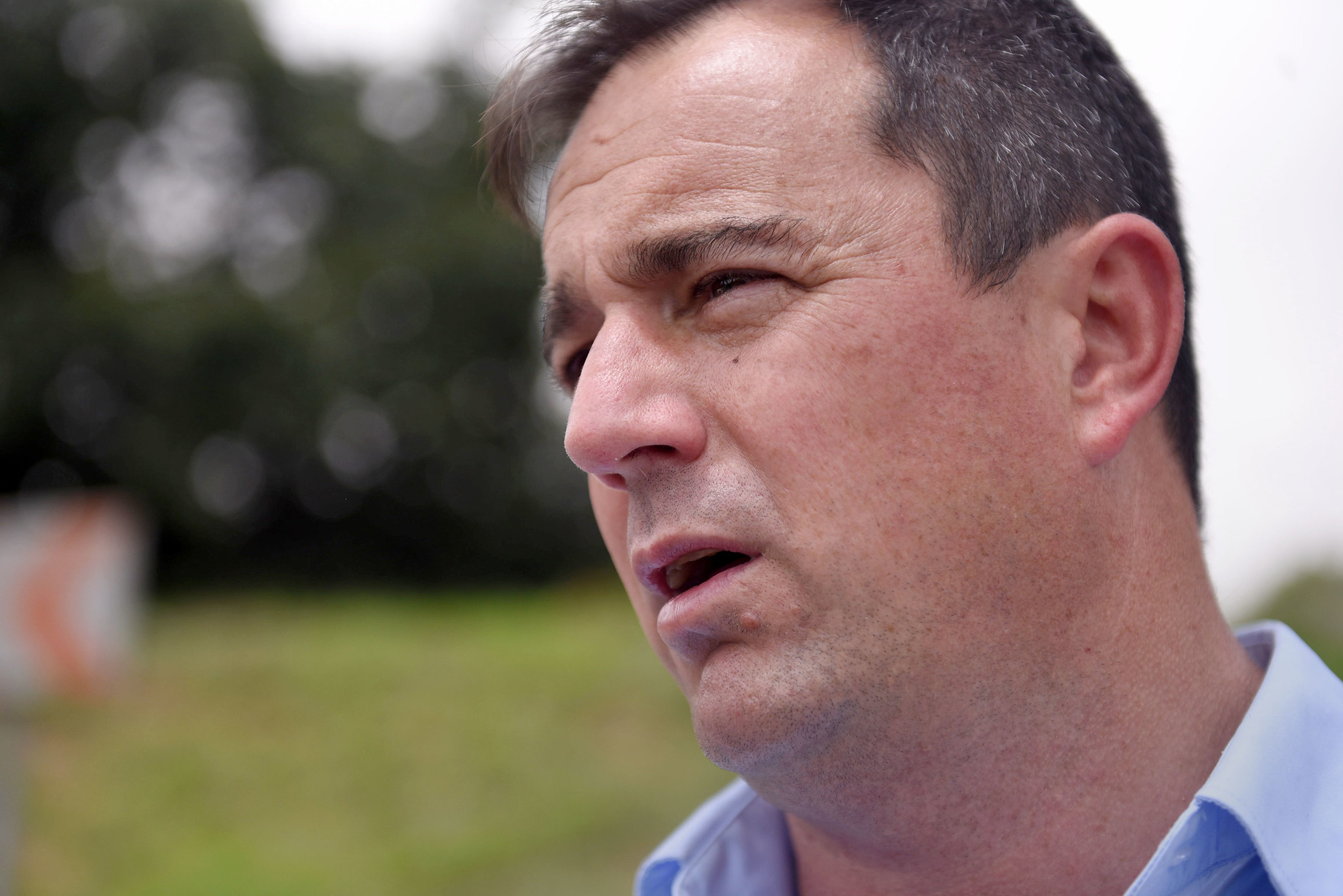The frustration, anger and despair that many feel at the slow-motion disintegration of SA has two factors. The first is a noxious government; the second, an ineffectual opposition.
The ANC is terminally corrupt and to retain power is embracing race baiting, autocracy, and ruinous economic policies.
It should be clear by now that Cyril Ramaphosa and his “struggle stalwarts” will not be able to reform it from within. Change has to come from outside.
Never, post-1994, has there been a greater need for a vigorous opposition that can attract the support of a deeply disenchanted electorate, a substantial number of whom no longer vote ANC but can’t bring themselves to vote for their opponents.
Unfortunately, never has the opposition been weaker and more fragmented.
The official opposition, Democratic Alliance (DA), through some spectacularly poor decisions on leadership and alliances, has shrunk its support from 27% of voters to barely a fifth.
The new parties created by DA breakaways Herman Mashaba and Mmusi Maimane are vanity creations. They are doomed, like Good, Agang and Congress of the People.
Last week, DA leader John Steenhuisen said the DA was open to working with reform-minded pragmatists, including within the ANC, to form a “rational centre”.
The only condition was agreement on certain core principles: constitutionalism, nonracialism, a capable state, and a social market economy.
This is not controversial. Such an alignment would likely find wide favour, especially among the self-disenfranchised – remember, 36 million people were eligible to vote in 2019 but only 17 million actually did so.
The problem is that a mere splintering of ANC reformists would not be enough. Steenhuisen’s rational centre would take some event of seismic proportions to trigger mass defections.
Former DA leader Tony Leon – a man who knows a thing or two about growing parties through mergers and acquisitions – has some challenging thoughts on this in his just-published book, Future Tense: Reflections on My Troubled Land.
Leon is unsparing of the failures of the ANC. He is similarly blunt about the failures of the opposition to capitalise on those. Leon offers some refreshing thoughts on the “liberation dividend”, the survival of incompetent governments because of voter gratitude for their role in the country’s liberation.
Leon concedes that this, along with the powers of patronage and social grant largesse, gives it a significant advantage – but not an unassailable one.
Leon points out that the longest recorded liberation government was the Mexican Institutional Revolutionary Party, in power for 71 years. Ireland’s Fianna Fáil survived for 61 years.
“In the modern democratic world [there is] no such thing as an enduring natural majority party of government, absent massive state-aided electoral fraud or military intervention,” writes Leon.
These parties were undone by untrammelled power. This led to abuse and the lack of empathy with ordinary voters, until they eventually turned against their political overlords.
In Zimbabwe, disillusionment with Zanu-PF did trigger voter revolt after 41 years but this was brutally suppressed. In SA, the vehicle for Afrikaner emancipation, the National Party, exited voluntarily after 46 years.
There are many earthshaking events looming on our horizon. On the upside, it’s highly unlikely that Steenhuisen’s rational centre can emerge. On the downside, it’s going to be traumatic.
For more news your way, download The Citizen’s app for iOS and Android.

